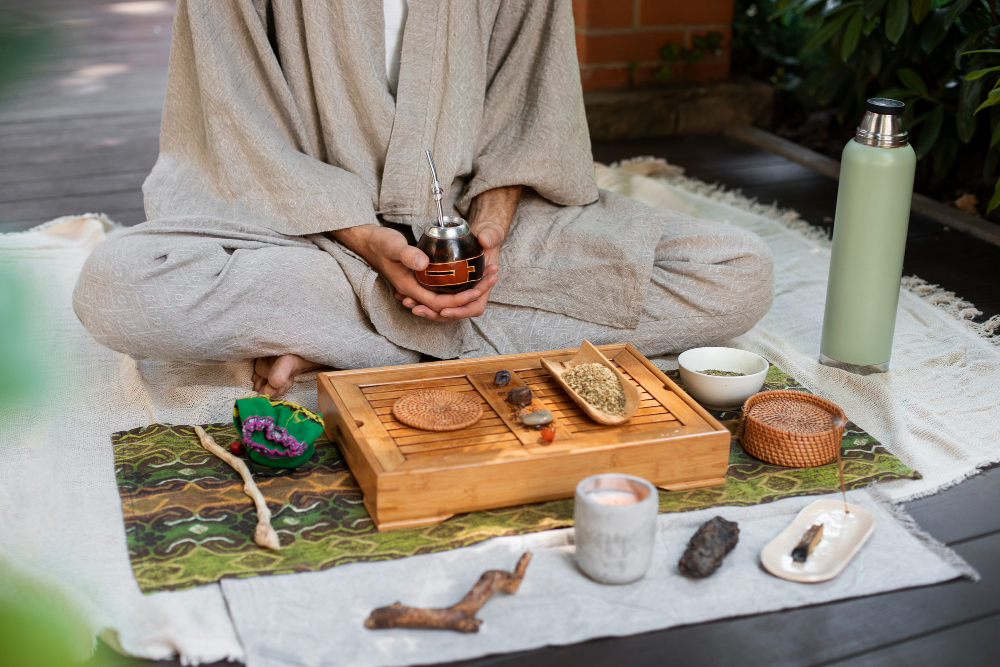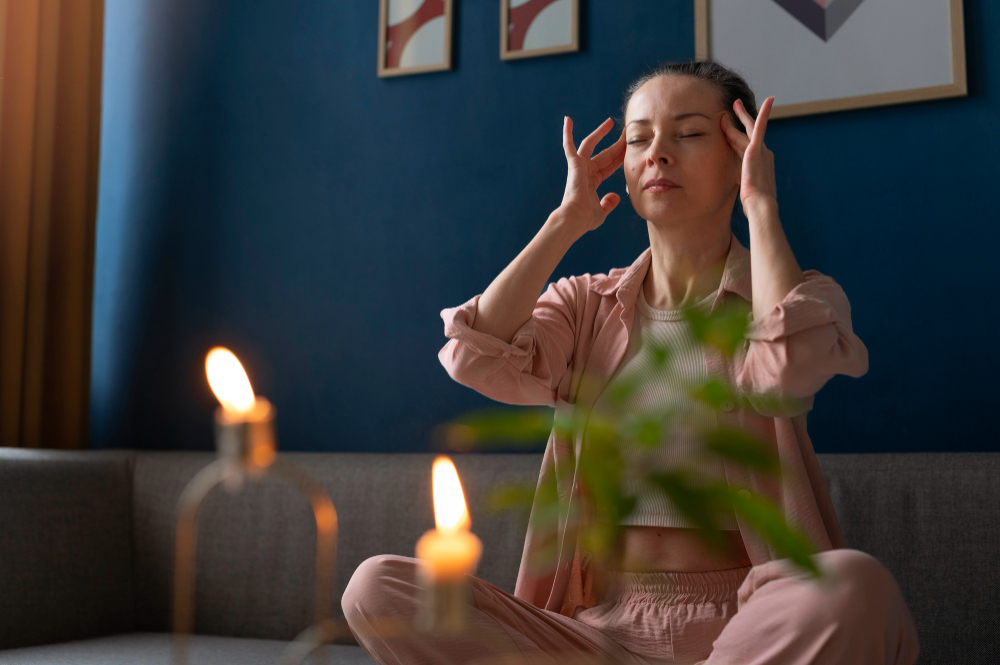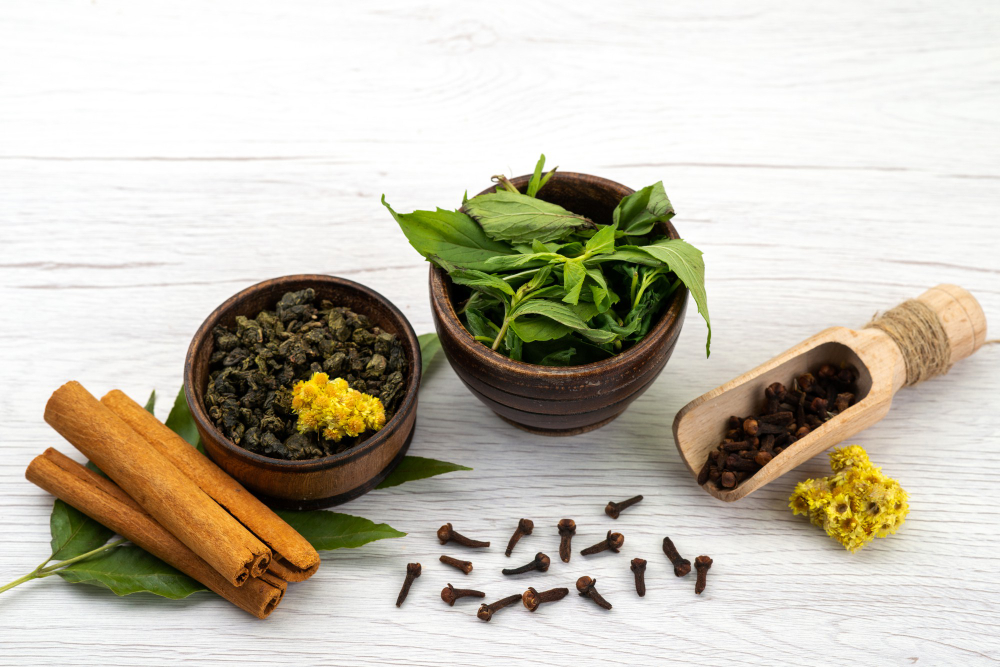
In the bustling world of wellness and self-care, a gentle yet potent practice known as aromatherapy has been gaining remarkable popularity. Harnessing the essence of nature's most fragrant offerings, aromatherapy provides an avenue to achieve emotional, physical, and mental well-being. In this comprehensive guide, we delve into the magical world of aromatherapy, exploring its origins, benefits, essential oils, and practical applications. Get ready to embark on a journey through the world of scents and discover how you can harness their power for your health and well-being.
The Origins of Aromatherapy
Aromatherapy, often referred to as essential oil therapy, is an ancient practice with roots dating back thousands of years. Its origins can be traced to various civilizations, including the Egyptians, Greeks, and Chinese, who recognized the therapeutic properties of essential oils derived from plants. These ancient cultures used aromatic plants and oils in religious rituals, cosmetics, and for their healing properties.
The Essence of Essential Oils
At the heart of aromatherapy lies the essential oils. These oils are highly concentrated extracts from plants, flowers, and herbs. They capture the essence of the plant's fragrance and contain the compounds responsible for their therapeutic properties. Essential oils are obtained through various extraction methods, such as steam distillation or cold pressing, depending on the plant source.
Understanding the Therapeutic Benefits
The therapeutic benefits of essential oils are vast and diverse. Each oil possesses a unique set of properties that can be harnessed to promote well-being. Here are some of the most common benefits associated with aromatherapy:
- Stress Reduction: Aromatherapy is renowned for its ability to alleviate stress and anxiety. Oils like lavender, chamomile, and frankincense have soothing properties that can help you relax and unwind after a long day.
- Enhanced Sleep: Trouble sleeping? Essential oils like lavender and cedarwood can be diffused in your bedroom to promote a peaceful night's sleep.
- Boosted Mood: Citrus oils like lemon and orange are known for their uplifting aroma, making them excellent choices to elevate your mood and reduce feelings of sadness.
- Pain Relief: Certain essential oils, such as peppermint and eucalyptus, possess analgesic properties and can be applied topically to relieve muscle aches and pains.
- Immune Support: Oils like tea tree and eucalyptus have antimicrobial properties that can bolster your immune system and help protect against common ailments.
- Improved Concentration: If you need to enhance your focus and concentration, oils like rosemary and basil can be diffused in your workspace to sharpen your mind.
Practical Applications of Aromatherapy
Aromatherapy can be incorporated into your daily routine in various ways, allowing you to reap its myriad benefits. Here are some practical applications:
1. Diffusion
Diffusing essential oils using a diffuser is a popular and convenient method. The aroma fills the room, creating a soothing environment. You can choose oils that match your mood and needs, making it a versatile option for stress relief, relaxation, and concentration.
2. Topical Application
Applying diluted essential oils directly to the skin can target specific concerns, such as muscle soreness or skin conditions. Always dilute essential oils with a carrier oil to prevent skin irritation.
3. Inhalation
Inhaling essential oils through steam inhalation or by adding a few drops to a bowl of hot water can provide quick relief for congestion or respiratory issues.
4. Bathing
Adding a few drops of your favorite essential oil to a warm bath is a luxurious way to unwind and relax. It also nourishes your skin, leaving you with a soothing afterglow.
5. Massage
Aromatherapy massages are a popular spa treatment. Therapists use essential oils to enhance the benefits of the massage, promoting relaxation, and relieving tension.
Choosing the Right Essential Oils
Selecting the right essential oils is crucial to experiencing the full spectrum of benefits that aromatherapy offers. It's essential to understand the properties and uses of various oils. Here are some popular essential oils and their associated benefits:
1. Lavender
Properties: Relaxing, soothing, and anti-inflammatory.
Uses: Stress relief, improved sleep, and skin care.
2. Peppermint
Properties: Invigorating, analgesic, and anti-inflammatory.
Uses: Headache relief, improved concentration, and digestion aid.
3. Eucalyptus
Properties: Decongestant, antibacterial, and antiseptic.
Uses: Respiratory relief, immune support, and muscle relaxation.
4. Tea Tree
Properties: Antimicrobial, antifungal, and anti-inflammatory.
Uses: Skin care, acne treatment, and immune support.
5. Lemon
Properties: Uplifting, detoxifying, and antiseptic.
Uses: Mood enhancement, air purification, and immune support.
Conclusion
Aromatherapy, with its rich history and diverse range of therapeutic benefits, offers a holistic approach to well-being. Whether you are seeking stress relief, improved sleep, pain management, or simply a boost in mood, essential oils can be your allies in the journey to a healthier and more balanced life.






